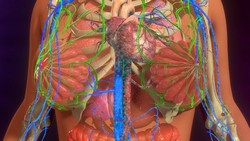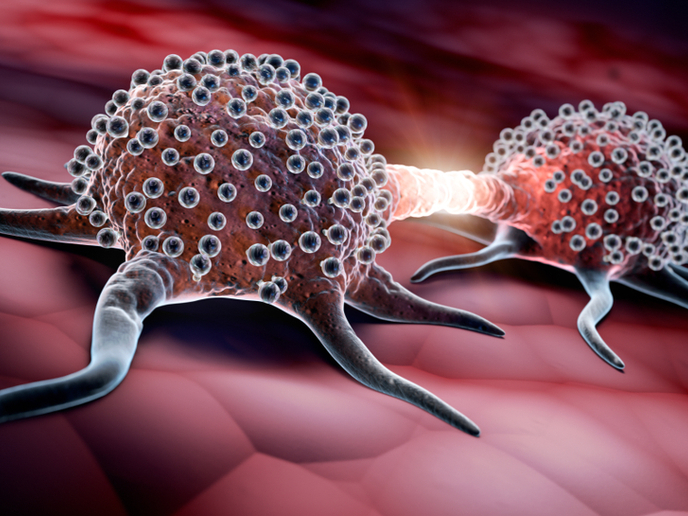Metabolic rewiring during cancer metastasis
During tumorigenesis and metastatic progression, cancer cells undergo metabolic rewiring to adapt to stringent microenvironments. Such metabolic changes can be controlled by several oncogenic pathways, such as the PI3K/AKT pathway, which is frequently activated in breast cancer. This association of metastasis and metabolic alteration presents a unique window for therapeutic targeting. The EU-funded METABBC (Metabolic switch during mutant-PI3K-induced breast tumorigenesis and metastasis) project exploited unique in vivo breast cancer models induced by mutant PI3K to identify metabolic regulators of breast cancer metastasis. Researchers performed gene expression analysis to identify proteins that are encountered in normal and neoplastic breast cell populations with stem-cell activity. A key finding, they identified one candidate gene, which was specifically expressed in basal breast cancer but absent from luminal breast cancer. Loss of function studies indicated the role of this gene in the maintenance of the cancer stem cell phenotype. Cells lacking this enzyme additionally demonstrated lower tumour-initiating capacity and a reduced capacity to grow in spheres. Furthermore, downregulation of the expression of this enzyme in the basal subtype of breast cancer not only reduced basal/mesenchymal markers but increased the levels of luminal markers. Taken together, these findings suggest that this enzyme constitutes a novel metabolic regulator of the stem cell population in both the normal and neoplastic mammary gland. In another part of the project, scientists screened over 200 metabolic regulators by RNAi technology in a breast cancer cell line harbouring a PI3K mutation. By propagating the cells in serum-free conditions, they selected for genes that were detrimental for the self-renewal capacity of these cells. In another approach, the consortium compared the metabolic profile of breast cancer metastases in mice. They discovered that the gene expression pattern of metastases is dependent on their site, further supporting the rationale that metastatic cells adapt to their new environment. Collectively, the METABBC project identified specific metabolic regulators that are essential for breast cancer adaptation to metastatic sites. These molecules represent new biomarkers that could also be exploited therapeutically for targeting metastatic breast cancer.







